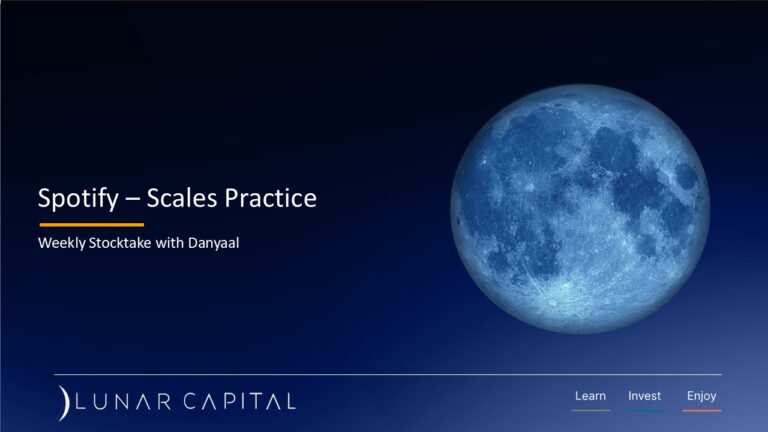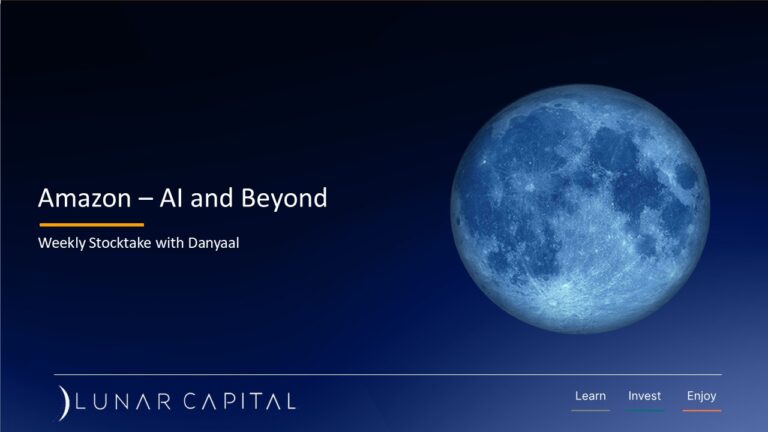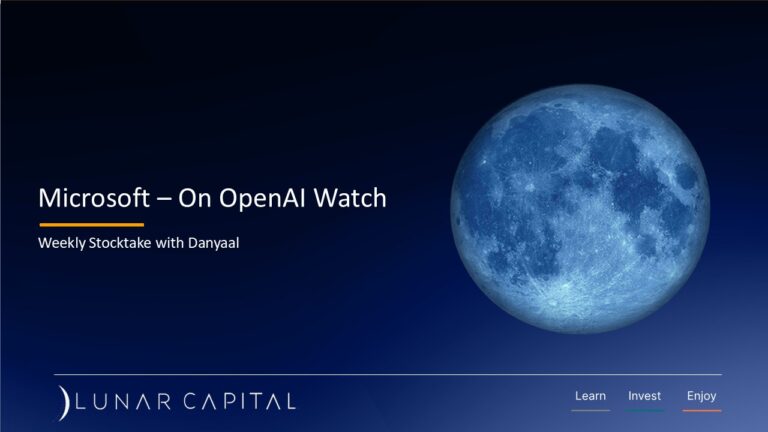What is a Trade War?
“A trade war is a side effect of protectionism that occurs when one country (Country A) raises tariffs on another country’s (Country B) imports in retaliation for Country B raising tariffs on Country A\’s imports. A tariff is a tax imposed on imported goods and services.” This is the definition of a Trade War as per Investopedia.
For example, if the USA imports TV’s from China and China imports maize from the USA; then a trade war between the two countries could involve the USA raising tariffs (customs duties) on TV’s imported from China; and China could raise tariffs on maize from the USA. This results in the landed cost of TV’s into the USA increasing and similarly for maize imported by China from the USA.
What are the implications of a Trade War?
We can immediately ascertain that trade wars result in higher costs for consumers in both countries. In the example above, Americans will have to pay more for TV’s and similarly the Chinese would pay more for maize. Typically, in a trade war, multiple goods and services are impacted, so the price of many items of goods and services will increase.
The effects of this are:
- People buy less of those goods because they have become more expensive;
- People try to find cheaper substitutes;
- People can’t do without those goods (e.g. staple food) so they spend less on other goods;
- Local industries could benefit, however. So, for example the TV manufacturing industry could be revived because the higher costs of Chinese built TV’s are now more expensive than locally (USA) built TV’s. This could lead to job creation locally.
- Illicit trading could take place, e.g. smuggling (think about the tobacco industry in South Africa).
- Also, countries and industries that are not directly involved in the Trade War could also be negatively. The world’s supply chains are highly interconnected and integrated. The impact of a global economic slowdown would affect almost every market.
- If the Trade War involves more countries, alliances can be developed between countries to create more bargaining power and/or to create trading blocs.The dynamics could play out in several and complex ways.
Why would anyone want to start a Trade War?
Again, according to Investopedia, “Trade wars can commence if one country perceives another country\’s trading practices to be unfair or when domestic lobby groups (e.g. trade unions; industry bodies) pressure politicians to make imported goods less attractive to consumers.”
A Trade War could be started for political purposes; e.g. to force regime change or even to force concessions such as lower tariffs or forcing local skills beneficiation.
Common forms of unfair trading practices are:
- Local subsidies for certain industries to protect jobs or develop local know-how,or even to establish certain levels of security for food, energy, etc. The European union subsidises their farmers quite significantly, for example.
- Dumping, i.e. the practice of selling goods at very low costs (maybe even below cost price) into a market to make local companies uncompetitive and unprofitable. This eventually forces the local companies to go out of businessto benefit the exporting country’s industry.
- Creating logistical barriers, e.g. complex and bureaucratic processes to approveand release goods that are imported.
- Making it difficult for foreign companies to establish businesses in-country.
Trade wars, whilst largely considered to be detrimental for all, can provide some relief for local industries (and by implication local jobs). In an ideal world, everyone would be able to trade freely with each other. And as trade grows, so does productivity, which ideally benefits everyone by giving consumers better products and services at cheaper prices.
Sadly, we don’t live a fair world and different interest groups will always play a role in how we deal with each other. Free trade is thus a utopia, but in my opinion something that every country and industry should strive towards.
What should we do?
The World Trade Organisation (WTO) was established in 1995 to moderate trade disputes and to create a forum for multi-lateral trade negotiations. South Africa is a signatory of this and this would be the right place to deal with disputes.
But at a strategic level as a country, we should be looking to be very competitive in a few industries (e.g. tourism, agriculture, mining, information technology services, financial services; etc.). We should be doing this to create more jobs, especially those that are relevant and least at risk of being disrupted in the near future. In other words, we should create more resilience in our economy, so that we are in a stronger position to negotiate when there are disputes.
As investors, we should be concerned by the current trade war that is being initiated by the USA. A full-on trade war can have significant impact on global growth. We should be cautious of those industries that could directly be impacted by these trade wars (mining?). We have not heard of what actions South Africa would take – these could also be both negative or positive for local companies, even if just temporarily.
We continue to monitor how this Trade War may pan out, if it becomes an all-out war or if it is just merely quibbles to gain certain concessions. In the meanwhile, we will also assess what this may mean to our current investments and what decisions we would need to take to mitigate risks or to take advantage of opportunities that present themselves.
Whilst an all-out Trade War could impact global growth, good investing opportunities may also become available.





